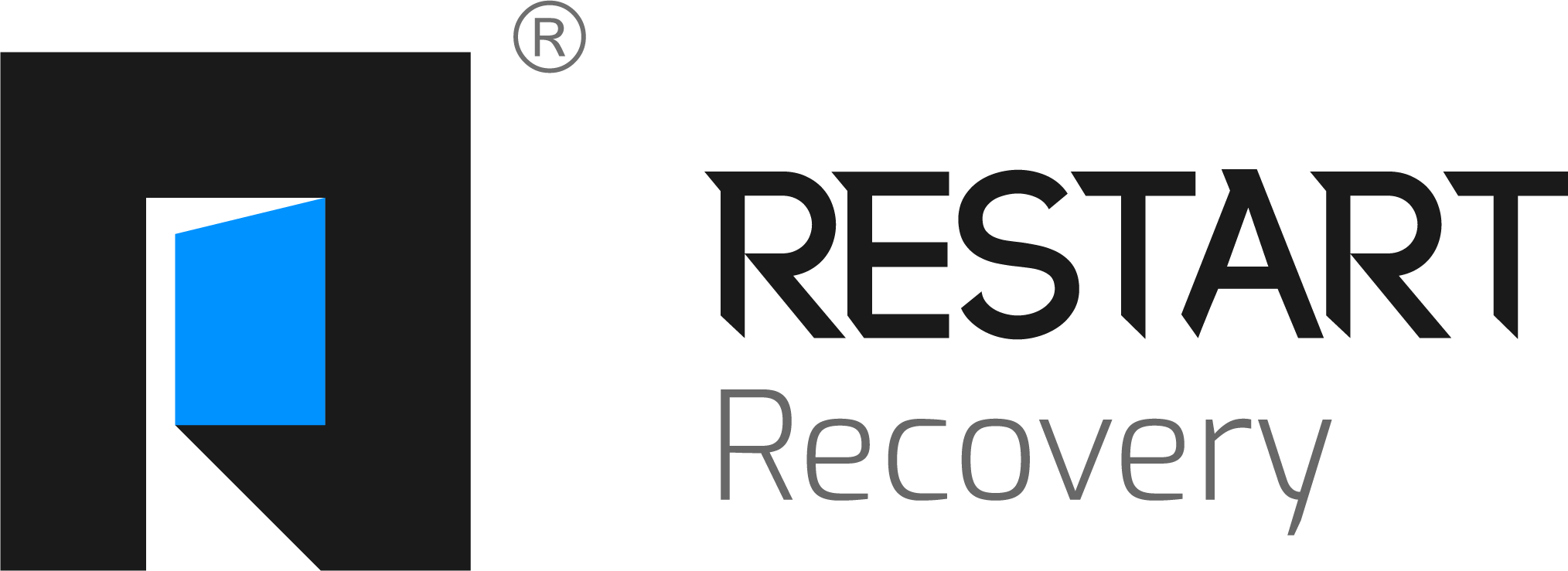How Do I Know if I Need Mental Health and Addiction Treatment?
- Yasmin Maghsoudloo
- Aug 5, 2025
- 4 min read
Updated: Aug 18, 2025
If you're asking yourself, "Do I need help?", that's already a powerful first step.
Mental health struggles and substance use disorders can be incredibly difficult to face—and even harder to recognize in yourself. It’s easy to downplay symptoms, normalize unhealthy patterns, or feel ashamed about reaching out. But the truth is, seeking treatment isn’t a sign of weakness—it’s a sign of strength and self-awareness.
In this guide, we’ll break down the most common signs that you may benefit from mental health and addiction treatment, how the two are often connected, and what to expect if you decide to get help.

Table of Contents
Why It’s Hard to See the Signs
Signs You May Need Mental Health Treatment
Signs You May Need Addiction Treatment
When Mental Health and Addiction Overlap
How to Know It’s Time to Get Help
What Happens in Treatment?
Why It’s Hard to See the Signs
One reason people wait too long to seek treatment is that mental health and addiction problems often creep in slowly. You might chalk it up to stress, a rough patch, or believe you can handle things on your own.
But the longer you wait, the more deeply rooted these issues can become—and the harder they may be to manage without professional support.
So let’s explore the real question: What are the signs that it’s time to ask for help?
Signs You May Need Mental Health Treatment
If you're experiencing any of the following symptoms consistently, it may be time to reach out:
1. Persistent Anxiety or Panic
Constant worry that won’t go away
Feeling on edge or overwhelmed every day
Panic attacks with chest tightness or racing heartbeat
2. Depression or Hopelessness
Feeling sad or numb most of the time
Loss of interest in activities you once enjoyed
Low energy, trouble concentrating, or changes in sleep/appetite
Thoughts of self-harm or suicide (seek immediate help)
3. Mood Swings or Irritability
Emotional highs and lows that feel out of control
Easily triggered or angry without reason
4. Isolation or Withdrawal
Avoiding friends, family, or social activities
Feeling like no one understands or cares
5. Difficulty Functioning
Trouble keeping up at work or school
Skipping responsibilities or avoiding daily tasks
Feeling “stuck” or paralyzed by indecision
If any of these sound familiar, you’re not alone—and help is available.
Signs You May Need Addiction Treatment
Substance use disorders range from mild to severe, and even “functioning” individuals can be struggling. Here’s what to watch for:
1. Using More Than Intended
Taking more of a substance than planned
Struggling to cut down or quit
2. Cravings and Obsession
Constantly thinking about when you’ll use next
Feeling anxious or irritable when you don’t have access
3. Negative Impact on Life
Trouble at work, in relationships, or legal issues
Missing important events due to substance use
4. Physical Withdrawal Symptoms
Shaking, sweating, insomnia, or nausea without the substance
Using just to “feel normal”
5. Loss of Control
Hiding use from others
Feeling guilty or ashamed but continuing anyway
Addiction is not a moral failing—it’s a medical condition that can be treated with compassion and science-backed care.
When Mental Health and Addiction Overlap
It's very common for mental health disorders and addiction to go hand-in-hand. This is called a co-occurring disorder or dual diagnosis.
For example:
You might use alcohol to numb depression
Anxiety could lead to prescription drug misuse
Trauma may drive both emotional instability and substance use
In cases like this, it’s critical to receive integrated treatment that addresses both issues at the same time. Ignoring one side of the problem increases the risk of relapse or worsening symptoms.
How to Know It’s Time to Get Help
You don’t need to “hit rock bottom” to seek support. In fact, earlier treatment leads to better outcomes.
Here are some indicators that it’s time to take the next step:
You’ve tried to fix things on your own and it hasn’t worked
Your relationships, job, or health are being affected
You feel emotionally exhausted, stuck, or hopeless
You're using substances to cope with life
Loved ones have expressed concern
You’ve thought about getting help—but keep putting it off
If even one of these resonates with you, consider reaching out to a mental health or addiction professional for an assessment. There is no shame in asking for help—only strength.
What Happens in Treatment?
Treatment is not one-size-fits-all. It’s a personalized journey built around your unique experiences, needs, and goals. Depending on the severity and type of issues you're facing, your treatment plan may include:
Mental Health Services
Individual or group therapy
Cognitive Behavioral Therapy (CBT)
Trauma-informed care
Medication management
Support for anxiety, depression, PTSD, bipolar disorder, etc.
Addiction Treatment
Medically supervised detox
Residential (inpatient) rehab
Outpatient programs (IOP or PHP)
Medication-Assisted Treatment (MAT)
Relapse prevention tools
Holistic and Supportive Therapies
Mindfulness and stress reduction
Nutrition and fitness
Family therapy and support
Peer support groups
Recovery is about more than just treating symptoms—it’s about healing the whole person.
Final Thoughts: You Deserve to Heal
If you’re struggling with your mental health, substance use, or both, know this:
You don’t have to stay stuck. And you don’t have to do it alone.
Whether you’re battling daily anxiety, overwhelmed by trauma, or stuck in a cycle of addiction, help is out there—and recovery is possible.
Asking for help isn’t giving up. It’s showing up—for yourself, your future, and the life you truly deserve.





Comments